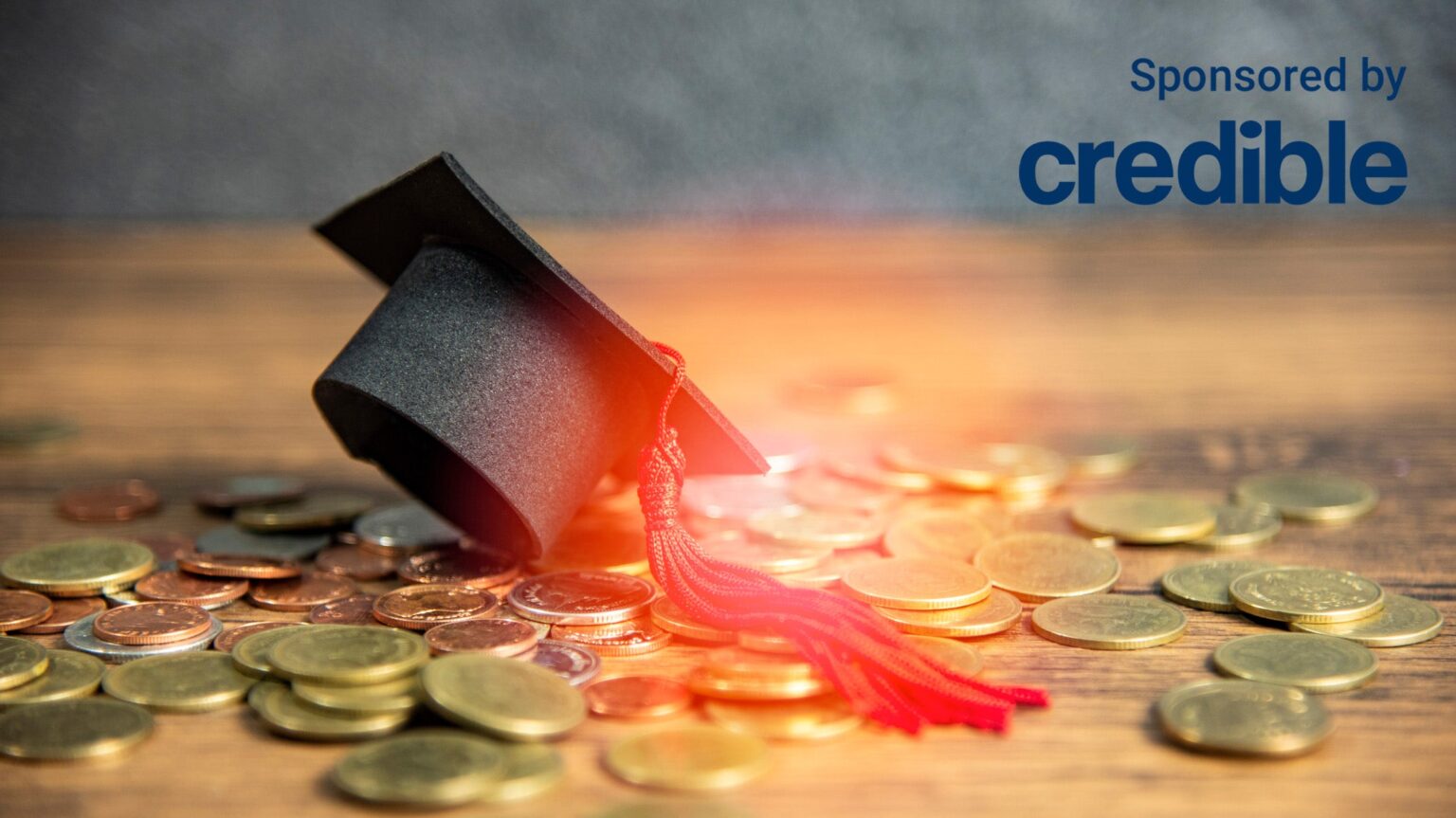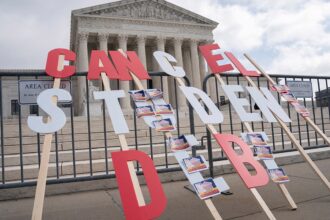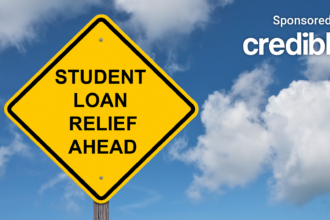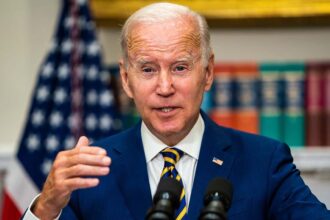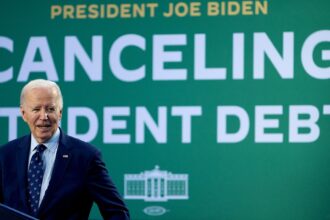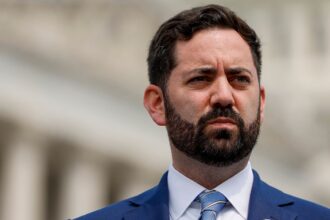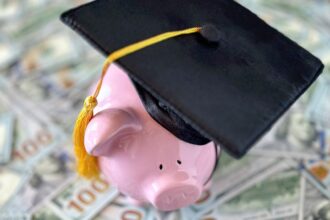The student loan payment pause officially ended in October, and the resumption of student debt payments hasn’t gone smoothly for many borrowers.
Many federal student loan borrowers struggled to make their first payments, according to recent data from the U.S. Department of Education. Just 60% of the 22 million federal loan borrowers who had payments due in October made payments by mid-November.
More than 4 million of these borrowers owed payments for the first time, while millions more didn’t make payments prior to the pause because they were delinquent or obtained a deferment or forbearance, according to the report.
Don’t worry about having to navigate student loan options on your own. Credible can help you compare student loan companies (and hopefully land you some of the lowest rates).
BIDEN FORGIVES ANOTHER $4.8 BILLION IN FEDERAL STUDENT LOAN DEBT, BUT ALTERNATIVE RELIEF PLAN HITS A SNAG
Loans affect all areas of borrowers’ financial lives
As discussions around student loans continue and relief is put on pause, there’s a real impact being felt on an everyday level. Many Americans are struggling to balance student loan payments and the basic cost of living, which continues to rise.
More than three-quarters (76%) of Americans with student loan debt say their student loan payments restarting has a negative impact on their day-to-day financial health, according to a report shared by MassMutual. The figure is not surprising considering that 19% of those respondents have student loan payments of $750 or more each month.
In response to student loans payments restarting, 80% of Americans who have student loans have had to reduce their spending to fit their loans into their budgets, according to the MassMutual report. 60% also have a fear of defaulting on their loans.
If you can qualify for a student loan refinance at a lower rate than you’re currently paying, there are often no downsides to refinancing. You can use Credible to compare student loan refinancing rates from multiple private lenders all at once without affecting your credit score.
STUDENT LOAN PAYMENTS RENDER THE HOLIDAYS UNAFFORDABLE FOR MANY: SURVEY
Multiple programs help borrowers with high student debt
The striking down of President Joe Biden’s student debt relief plan has led to other programs that help provide temporary, or even permanent relief. The Biden administration created the Saving on a Valuable Education (SAVE) Plan, which is particularly aimed at helping lower-income borrowers and borrowers with high debts.
The SAVE plan is an income-driven repayment (IDR) plan but has a slight twist many other payment plans don’t. Previous IDR plans based payments on your income, but the SAVE plan calculates your payments based on a smaller portion of your adjusted gross income. This results in more affordable payments for a larger number of borrowers.
The Department of Education is also providing extra financial support to borrowers. Until September 2024, borrowers won’t encounter delinquency, default or have their account sent to collections if they miss multiple payments.
Loan forgiveness programs are also being revamped by the Department of Education, the recent release cites. The department has approved close to $132 billion in debt cancelation for over 3.6 million borrowers through reforms to Public Service Loan Forgiveness (PSLF) and other programs.
If you have private student loans, unfortunately, federal relief doesn’t apply to you. If you’re looking to lower your monthly payments and ease the burden of student loan debt, then consider refinancing your student loans. Lock in some of the lowest interest rates ever via the online marketplace Credible.
Have a finance-related question, but don’t know who to ask? Email The Credible Money Expert at [email protected] and your question might be answered by Credible in our Money Expert column.
Read the full article here


